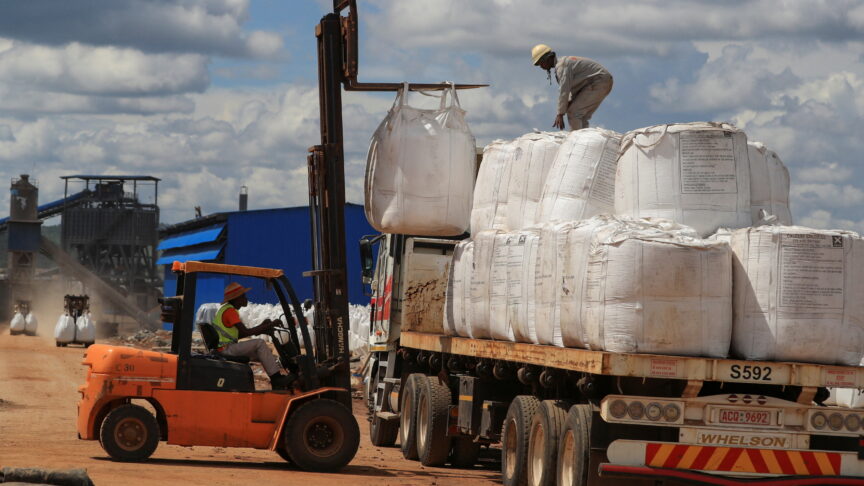In the mirror of the future
No one seems to care about 1989 anymore
One of the most amazing aspects of the magic year of 1989 is that no one really seems to care about it anymore. The happy feelings of those legendary months have clearly disappeared somewhere along the way. The manichean dichotomy of the world – west vs east (or reds), good vs evil – vanished too, leaving us all with a more complex and confusing world devoid of a universal “grand narrative”.
In the west, the general sentiment regarding this undivided Europe is rather mixed, and even shows a touch of resentment towards the newcomers from the east; a subtle taboo may make this difficult to express openly, but in the fifteen countries that composed the European Union before the big enlargement of 2004 there is a widespread feeling that “we should not have let the barbarians in”.
By contrast, the people in question – the liberated, elevated populations of the east – tend to forget and ignore the freedom they claimed so recently. In the early 1990s the favorite metaphor to describe this stage was that of a hangover: after the carnival of history, dizziness and disorientation. Now it seems that we are caught up in a permanent and growing condition of distrust, social and political polarisation, rising extremism and a frustrated, violent public discourse.
This, perhaps, may be the real (if hidden) relevance of 1989. Instead of the westernisation of the east, the easternisation of the west: that is, the general spread of a crisis of legitimacy, growing mistrust in political institutions, and the disaffection from democracy itself. These problems are no longer the property of an exotic other, but increasingly appear (in various stages and degree) all over the developed world.
But eastern Europe, lacking the democratic tradition of checks-and-balances, arguably faces a harder time in coping with these dangerous trends. The tabloidisation and increasing asininity of the public sphere, for example, has an even more harmful impact in the region than in areas where quality segments of the media have had time to develop.
But a famous comment attributed to Chou En-lai – that it is too early to judge the French revolution’s impact on world history – certainly applies to the mere two decades since 1989. It is indeed impossible to say whether Europe’s east and west alike are sinking further into ineffectiveness and indifference, or whether they have touched bottom and can find a road back towards a vital, operating democracy. The good and bad news is that, characteristic of an age when everything has speeded up, we will not have to wait 200 years for an answer.
Tibor Dessewffy is an ECFR council member and President of Demos Hungary.
This piece was first published in OpenDemocracy on 5 November 2009.
The European Council on Foreign Relations does not take collective positions. ECFR publications only represent the views of their individual authors.


